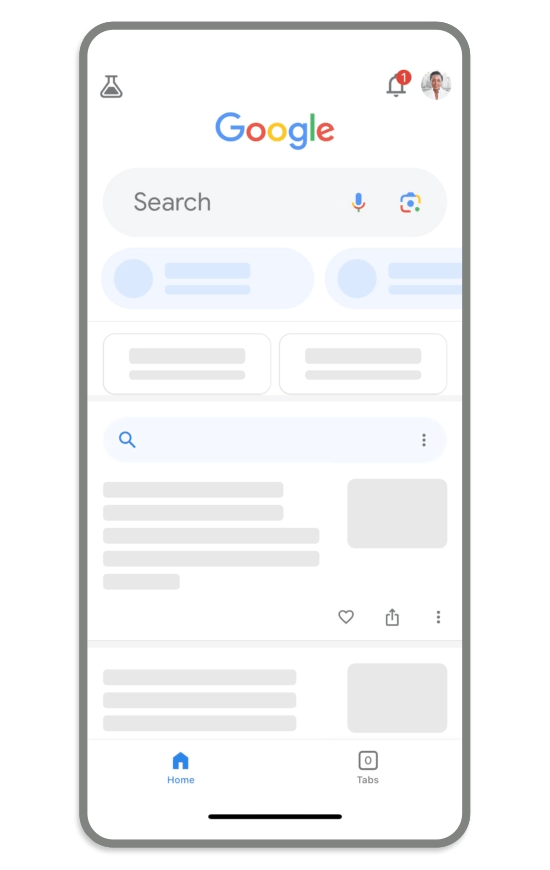Other Technology | August 5, 2023

Google has introduced a new feature that will allow you to remove your private information from search results. As part of an update to its privacy tools, the tech giant announced that users will receive a notification every time their personal data appears in the search results.
This feature is part of “About You” results, a tool where you can ask Google to remove your data from searches. The new update will add system notifications that will inform you if your phone number, address, or personal email address appeared without your knowledge.
Users will have a control panel to manage the alerts and request Google to remove the information. The tool will be available in the Google app for iOS and Android, and you can access it by clicking on your account photo and selecting “About You” in the drop-down menu.
The implementation of this feature is part of a strategy to make it easier to remove private information. Asking Google to delete your data from search results is a tedious process. The policies and steps to follow are different for each type of content (images, personal data, etc.), and users have to submit a request from the support page.

With “About You” results, Google plans to solve the puzzle and avoid confusion. Users only need to answer a series of questions that will define the type of content to be removed. Whether it’s private, outdated, or illegal information, the app collects the information and starts the process.
For now, this feature is only available in the United States, but there are plans to expand it to other countries.
As part of this announcement, Google also revealed an update to the policy on explicit personal images. If you have ever uploaded spicy content to a website but no longer want it to appear in the search results, you can request its removal. The measure also applies if you find that someone is sharing the material without your consent.
It is worth mentioning that requests to remove this content only apply to Google search results. The information will remain on the web and may appear on other search engines. In these cases, the user will need to report in each of the services where their data is visible.

Bing has a tool to notify about indexed content in its search engine. This allows reporting incidents of exposed personal information, including contact or confidential data, fake pornography, or explicit content associated with your name, as well as non-consensual intimate images (revenge porn).
The removal of this content carries more weight in Europe. The right to be forgotten and the GDPR guarantee users the right to request the removal of their personal information for privacy or data protection reasons. Although companies are obliged to respond to requests, there are exceptions that may prevent their application.
According to Google’s transparency report, since the approval of the right to be forgotten in 2014, the company has only removed 49.4% of requested URLs. In Spain, 124,768 requests have been made to remove 424,049 URLs. Most of them belong to news websites, followed by social networks, directories, and government portals.